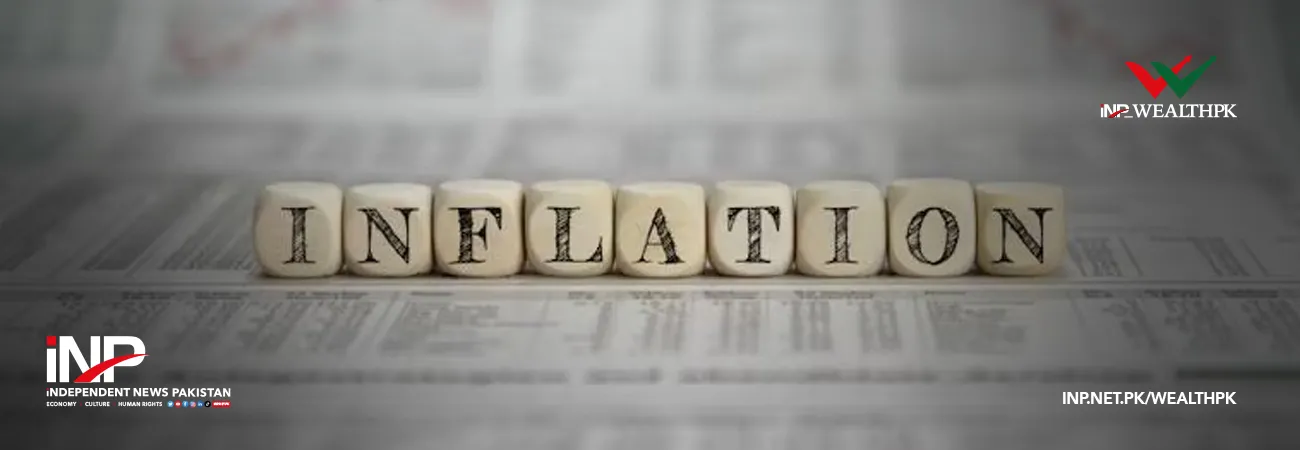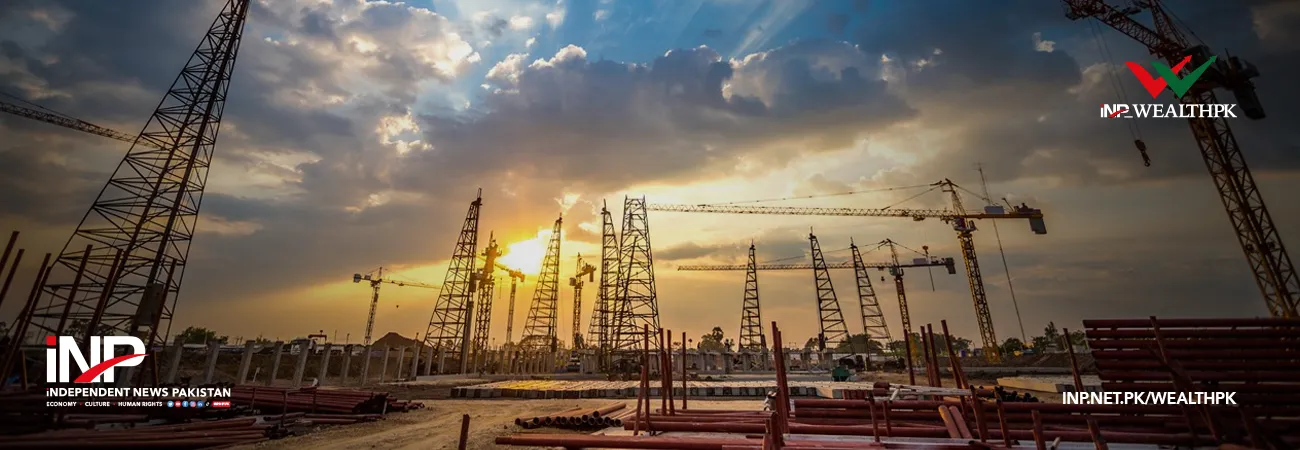INP-WealthPk
By Abdul Wajid Khan ISLAMABAD, Feb 22 (INP-WealthPk) Leading economists say GDP (gross domestic product) rebasing was long overdue and it will help the government get real and reliable estimates. Talking to WealthPk, Senior Researcher and Professor of Economics at the Pakistan Institute of Development Economics (PIDE) Dr Abdul Jalil, who is also the Executive Director of the Centre of Excellence for China-Pakistan Economic Corridor (CPEC) at the Ministry of Planning and Development, said rebasing of the GDP was long overdue because it was held after around 16 years. However, he said the timing of the announcement was not right because it had increased more pressure on the external sector, as export to GDP and tax to GDP ratios had declined. “The basic purpose of this exercise is to adjust changes in the prices of commodities and services because many new things are coming into the basket of goods and services. Eight to 10 years back, some commodities were not used, but now these are being used in routine. Similarly, some commodities were in routine in the past, but now these are not relevant and do not exist in the basket [of goods and services]. More new products and services are entering the basket. The prices of some products have also outrightly changed in the last 10 years. For example, the price of cement has gone up from around Rs200 to Rs750 per bag. So, these changes were required to revise and adjust in the GDP,” he explained. During this exercise, the results have been compiled by using surveys-based data, he said. As these surveys are not published, it creates a space for the government to play. The major benefit of this rebasing exercise for the government is an increase in the growth rate which can be used to paint a positive picture of the economy, but this growth is not sustainable, as exports to GDP and Tax to GDP ratios have decreased. “We can ask why the last government did not do the rebasing exercise. It was not done because some indicators could go down which create negative impressions for the country’s economy at the international level. The export to GPD ratio is a very important indicator to show the health of the economy when you present your economy to the international community,” he added. Dr Abdul Jalil further told WealthPk that another benefit of the rebasing exercise for the government was a decline in the debt to GDP ratio from 84% to 72%. However, in real terms, it will not give any relief because the total volume of the debt will remain the same and it has not decreased. The Fiscal Responsibility and Debt Limitation Act (FRDL) binds the government to keep debt to GDP ratio below 60% of the GDP, but this law is constantly being breached by the governments. A low debt to GDP ratio gives a pleasant impression about the economy but a decrease in the export to GDP ratio decreased the overall economic credibility. In a nutshell, the government has not achieved big economic gains after rebasing the GDP because some indicators were required to look good but went down. Some indicators have improved, but these do not matter, he concluded. The National Accounts Committee (NAC) revised the GDP growth rate for FY21 to 5.4% from 3.9% and declared it the highest in 14 years. The committee also approved rebasing GDP on 2015-2016 prices. This shows that the previous GDP statistics were underestimated by around Rs1.3 trillion or 11.3%. According to official details, the GDP size increased to $346.7 billion in FY 21 compared to $298 billion stated earlier. As a result, the per capita income increased to $1,666 compared to $1,543. The public debt to GDP ratio has dropped to 72% from 84%. The tax to GDP ratio has decreased to 9.5% from 11%. The fiscal deficit has improved by 1%, bringing it to 6.1%. However, Executive Director of the Sustainable Development Policy Institute (SDPI) Dr Abid Qayyum Sulehri said there was no doubt that the economy was growing this time. During the Covid-19 pandemic, he said, the agriculture sector performed well when other sectors were not performing. ‘’If we see the revised gross domestic product (GDP) after rebasing, the contribution of the agriculture sector has increased to 24% of GDP. As result, the GDP rate has increased and it shows that the economy is growing, but on the other hand inflation is also growing. So, people are not witnessing the impact of economic growth because of growing inflation. Sulehri added that work on rebasing [of the economy] was started by the last government but it could not announce the new numbers. The incumbent government has implemented the same formula for rebasing of the economy and announced a new GDP growth rate on the basis of financial year 2015-16. There should not be any dispute on rebasing of the economy. Simply the base year for the GDP has been changed from the previous base year of 2005-6. From 2005-06 to 2015-16, many new sectors have added to economy which were not being measured. For example, previously only three companies were assembling cars, but now multiple companies are assembling cars. Besides, online services were not included in measurement. In a statement, senior economist Dr Kaiser Bengali said 5.4% GDP growth was a statistical mirage. During Prime Minister Shaukat Aziz era, the government claimed 9% "stellar growth" with all numbers tumbling down two years later. The fact is that the economy is hanging by a (debt) thread, drained by non-development expenditures, he added.













